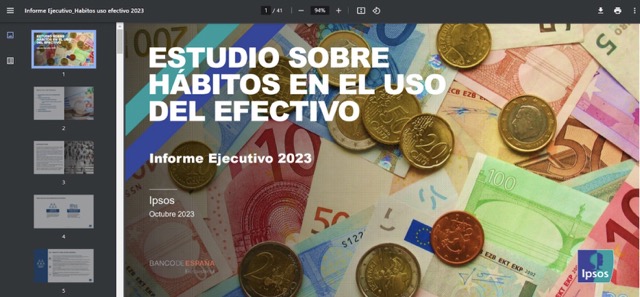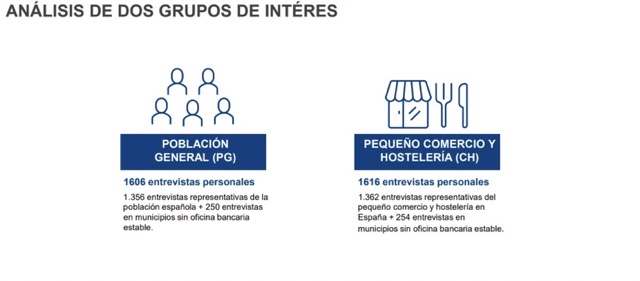
Here’s the scoop: not everyone in Spain is ready to dive headfirst into the world of Central Bank Digital Currencies (CBDCs). The Bank of Spain recently did a little survey, and what they found might surprise you. 65% of surveyed said they’re not keen on using the digital euro. Let’s look at why this is happening and why it’s not all that serious.
Table of Contents,
The Survey Secrets

The Bank of Spain decided to chat with regular folks and small business owners to get the lowdown on their thoughts about the digital euro. They wanted to know if people were excited about this newfangled digital currency. The results? Well, let’s say it’s a bit of a mixed bag.
In case you speak Spanish or just want to Google translate everything from the report, you can access it here for free.
Cash Still King
Here’s the kicker: despite the new law against money laundering and those pesky rules about not using cash for big purchases over €1,000, 65% of the survey gang still holds onto their good old paper bills. They can’t say goodbye to the feeling of cash in their wallets.
The Great Unknown
What’s a little surprising? 80% of the surveyed admitted they need to learn about the digital euro or CBDCs. These new digital money ideas are trying to make a grand entrance, but the folks have yet to hear the doorbell.
Age Matters, Apparently
One of the funniest things from the survey is how age plays a big role. The younger crowd, the 18 to 24-year-olds, are more open to trying the digital euro. It’s like they’re all about embracing new money tech. But the older bunch, those who’ve seen a few more days, are less interested. Only 7% of the over-65 gang wants anything to do with digital euros. They say, “Eh, I’m good with my good ol’ coins and bills, thanks.”
Discover: Hong Kong Tightens the Crypto Belt After JPEX Shenanigans
Conclusion: Money Talks, But Not Everyone’s Listening
So, what’s the bottom line here? The Bank of Spain’s survey shows us that not everyone’s ready to give up their traditional cash for the digital euro. It’s like trying to get people to switch from good old vinyl records to digital music. Some folks want to keep spinning their classics.
Ultimately, it’s all about finding ways to make the digital euro more appealing, whether helping people let go of their cash habits, spreading the word about digital currencies, or figuring out how to talk to different generations about the future of money. So, while the digital euro might have a bit of an uphill climb, it’s all part of the money evolution – and who knows, in time, it might just become the new hit in town.



